Humoral Immunity to Tetanus, Diphtheria, Polio Post-Chemotherapy Study
VerifiedAdded on 2023/06/13
|12
|946
|266
Report
AI Summary
This report investigates the effects of chemotherapy on humoral immunity against tetanus, diphtheria, and polio in adults. Chemotherapy, while effective in treating fast-growing cancer cells, can also damage healthy cells, including bone marrow cells responsible for antibody production. The study highlights that chemotherapy can lead to a decline in antibody levels, necessitating revaccination. The discussion covers the severity of diphtheria, tetanus, and polio, emphasizing the importance of maintaining immunity. Results indicate that a significant percentage of post-treatment samples show immunity to tetanus and diphtheria, but antibody levels may decrease over time. Future studies should focus on minimizing the impact of chemotherapy drugs and radiation on antibody production to preserve immunity while effectively targeting haematological malignancies. The study references several works exploring combination therapies and mechanisms related to cancer treatment and immune response, this report is available on Desklib, a platform that provides a wealth of study resources including past papers and solved assignments.
1 out of 12
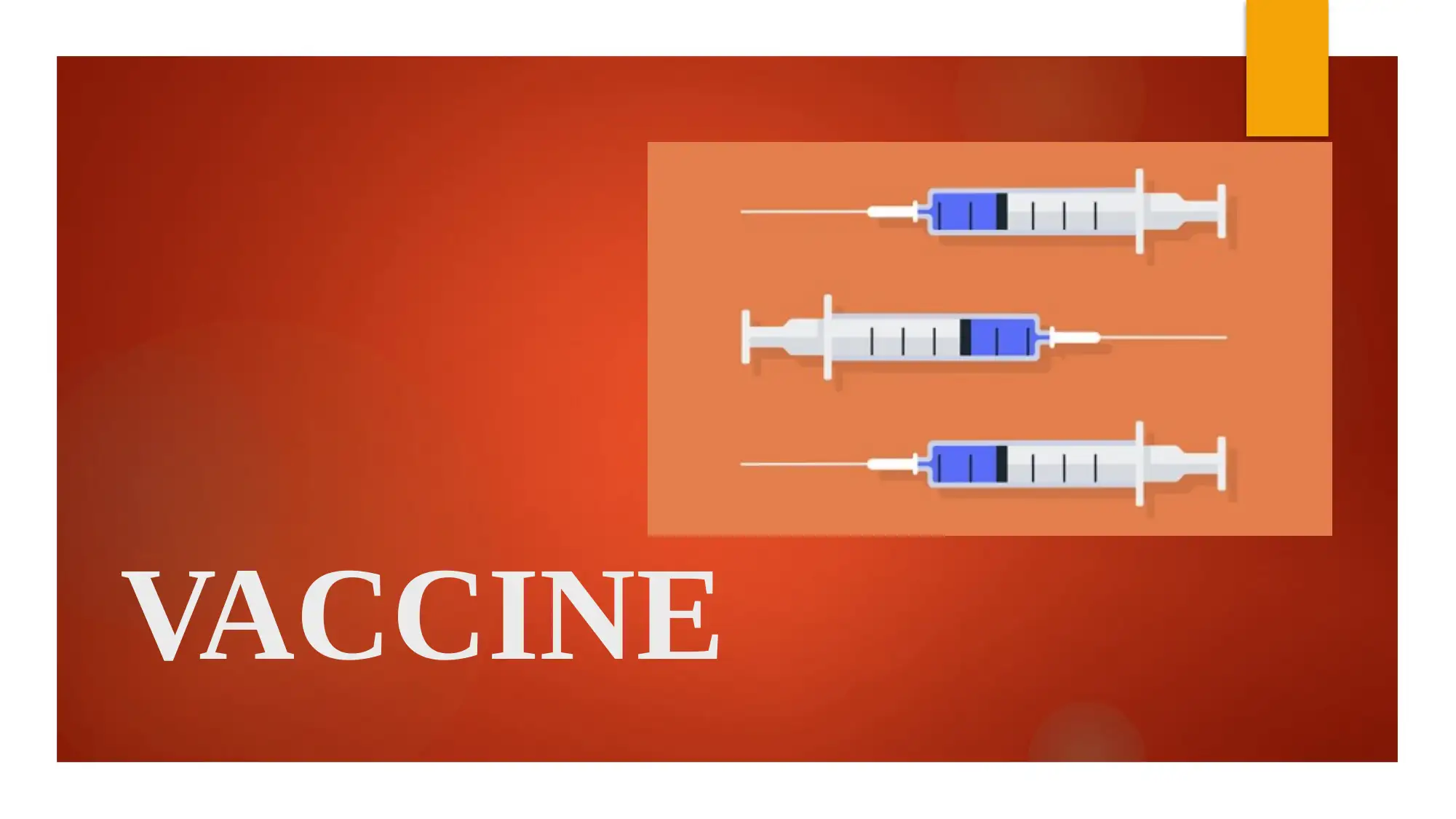
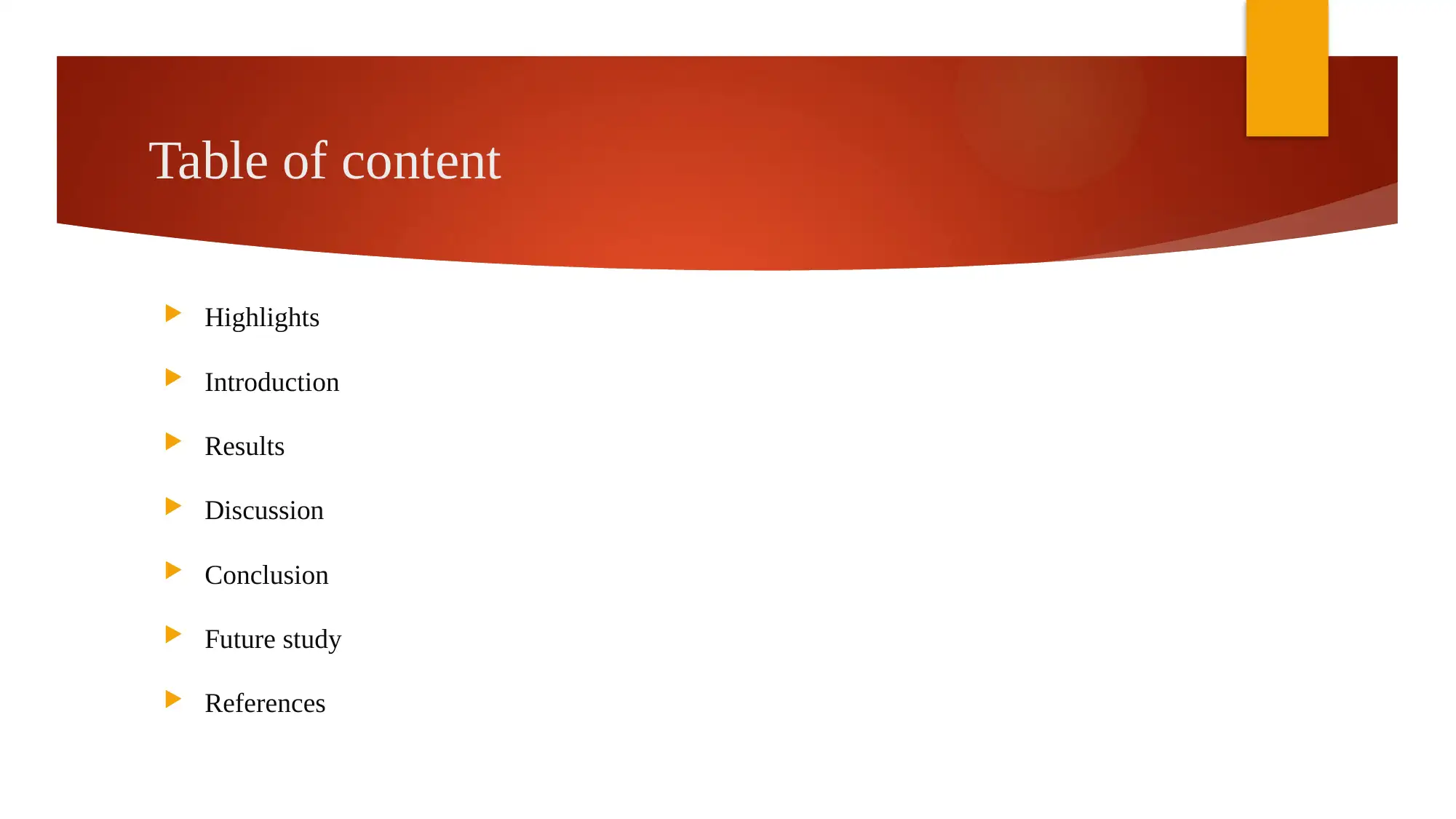
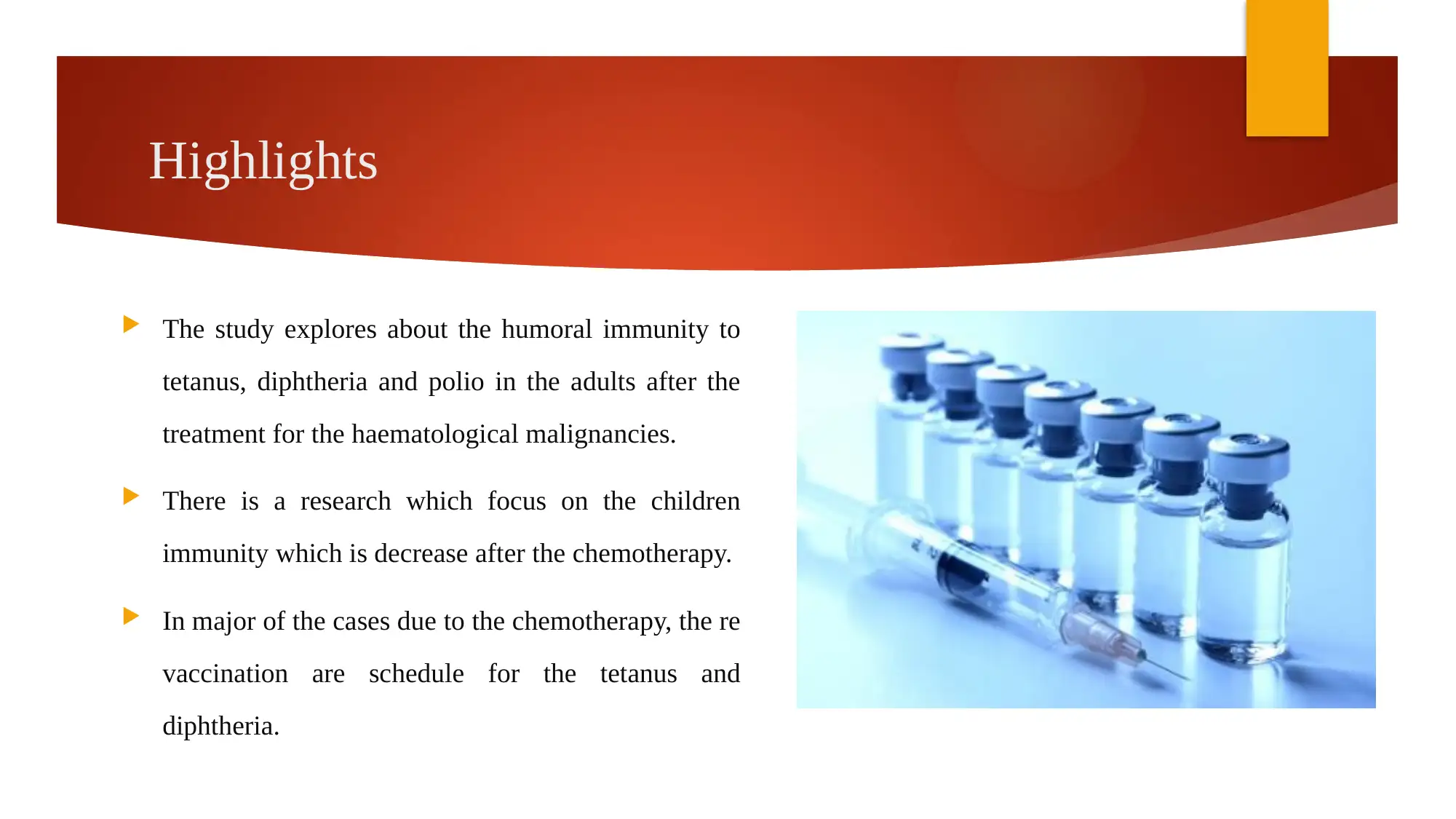

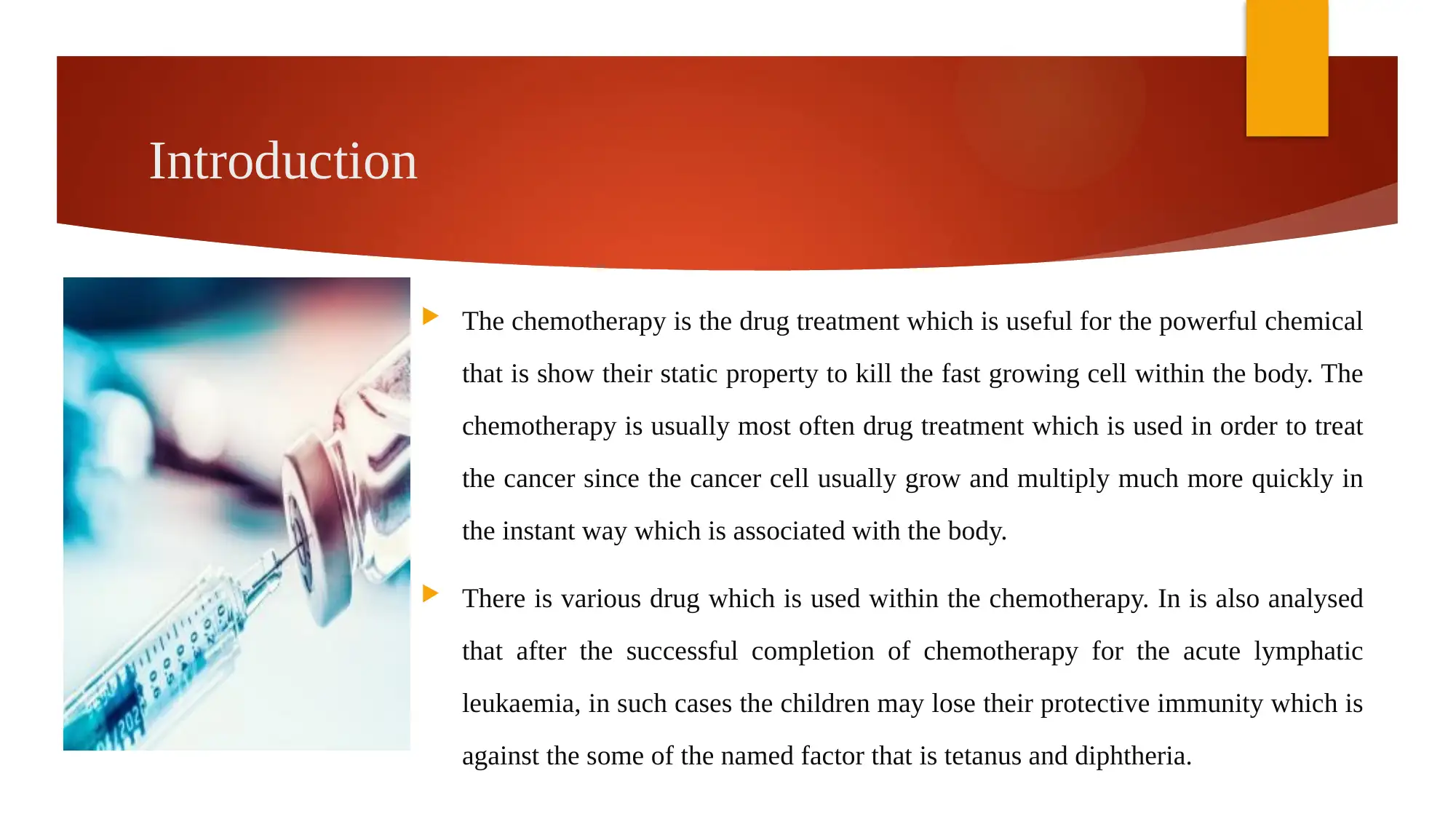
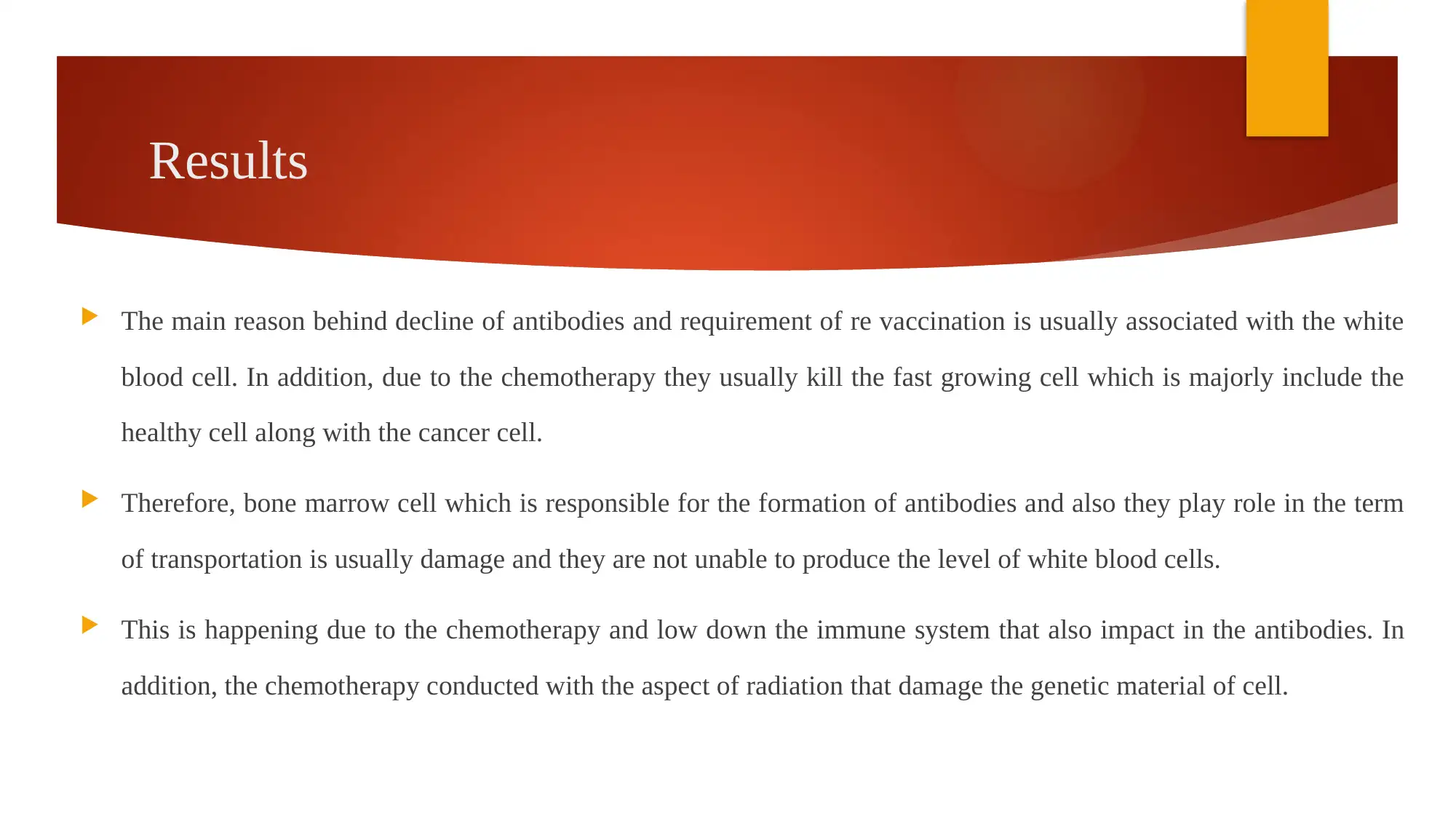
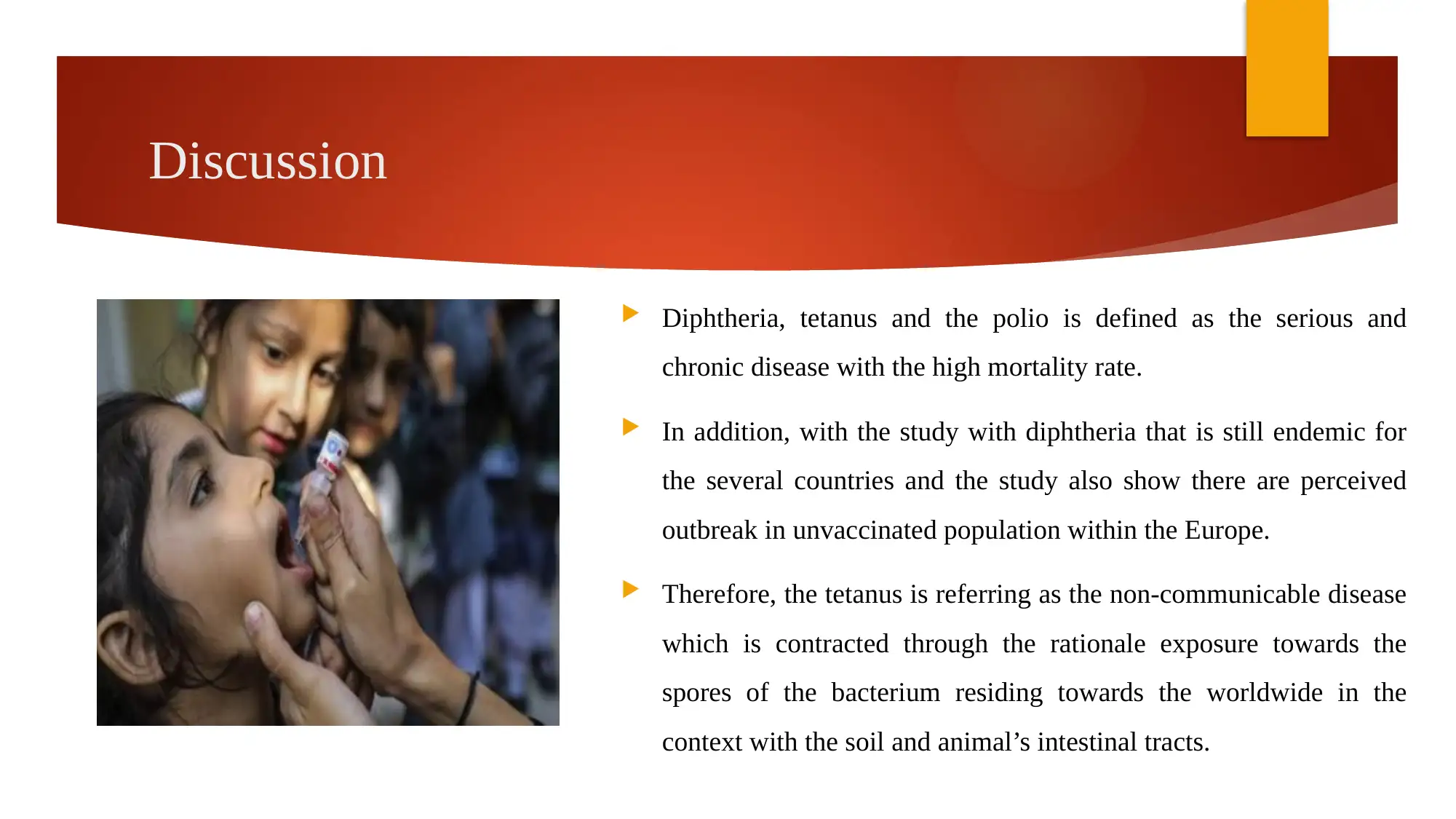
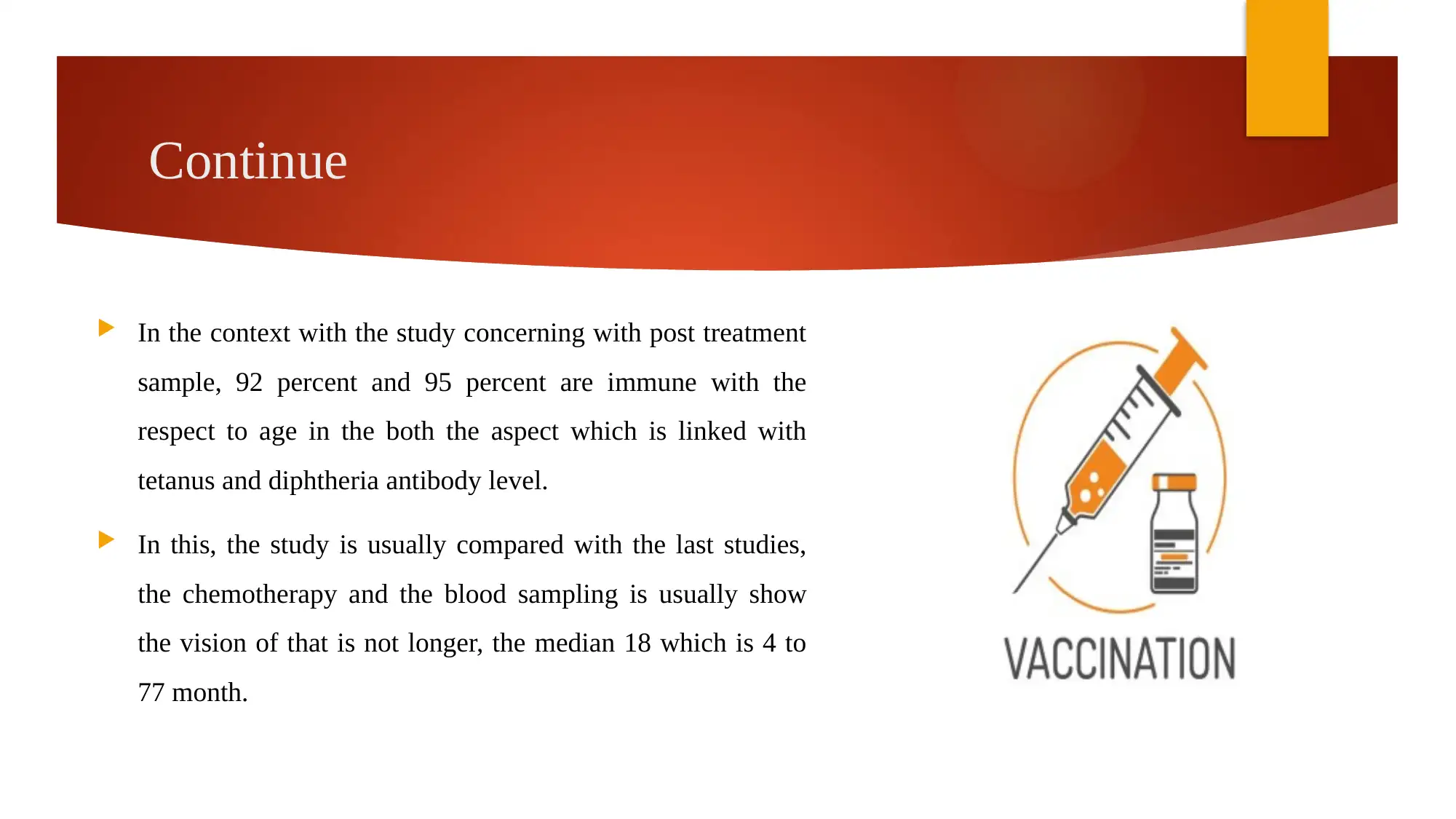
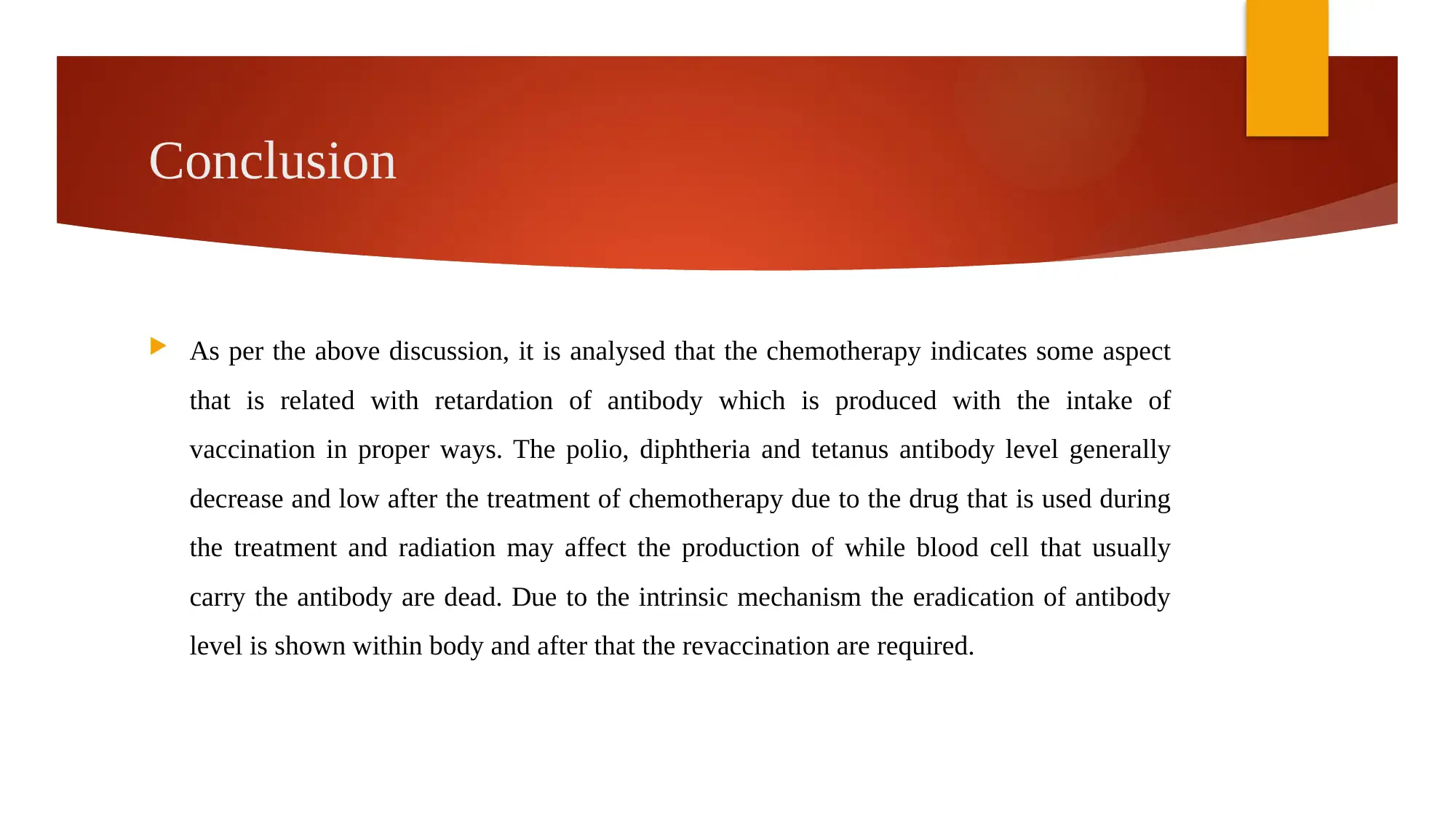
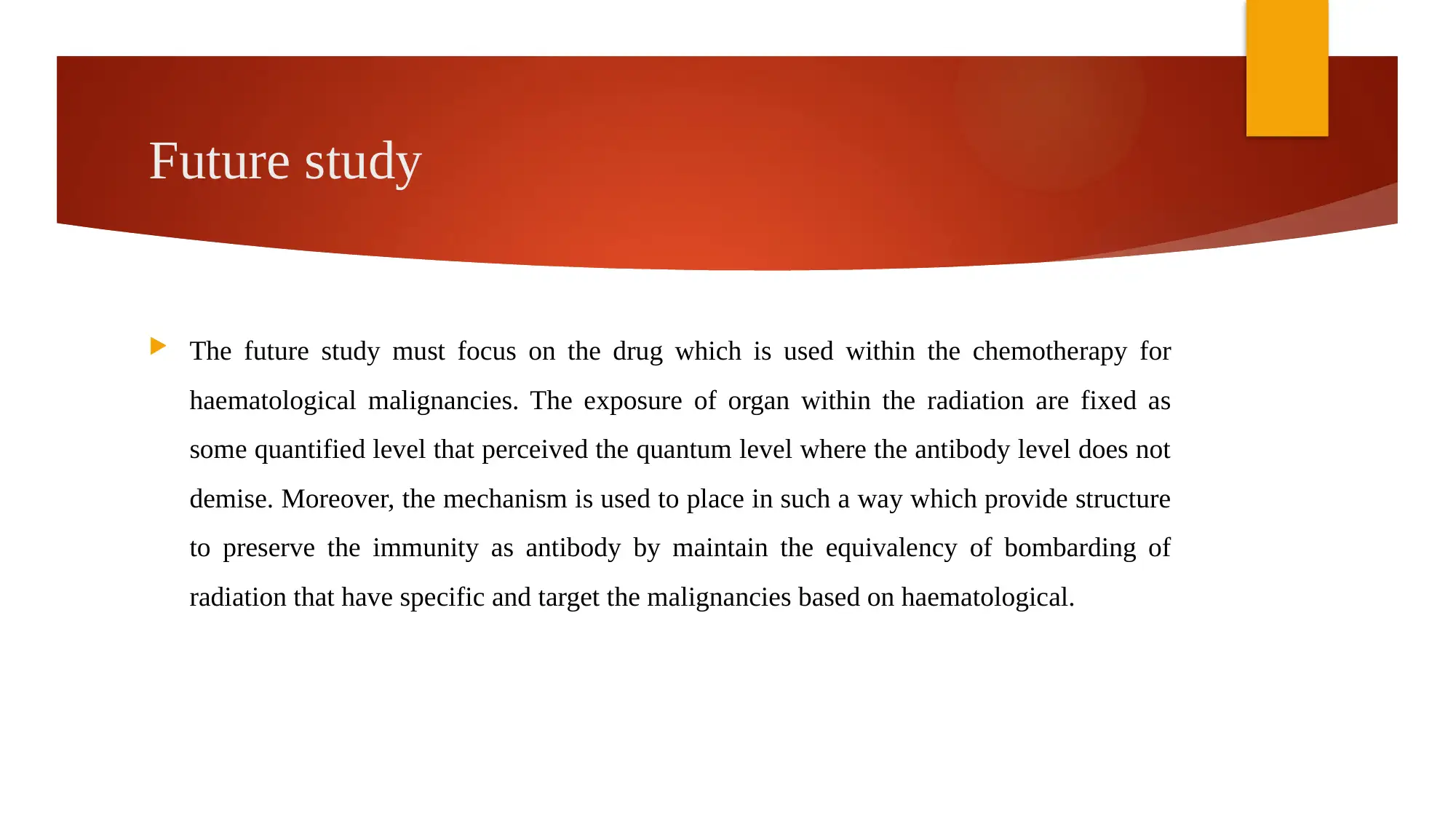
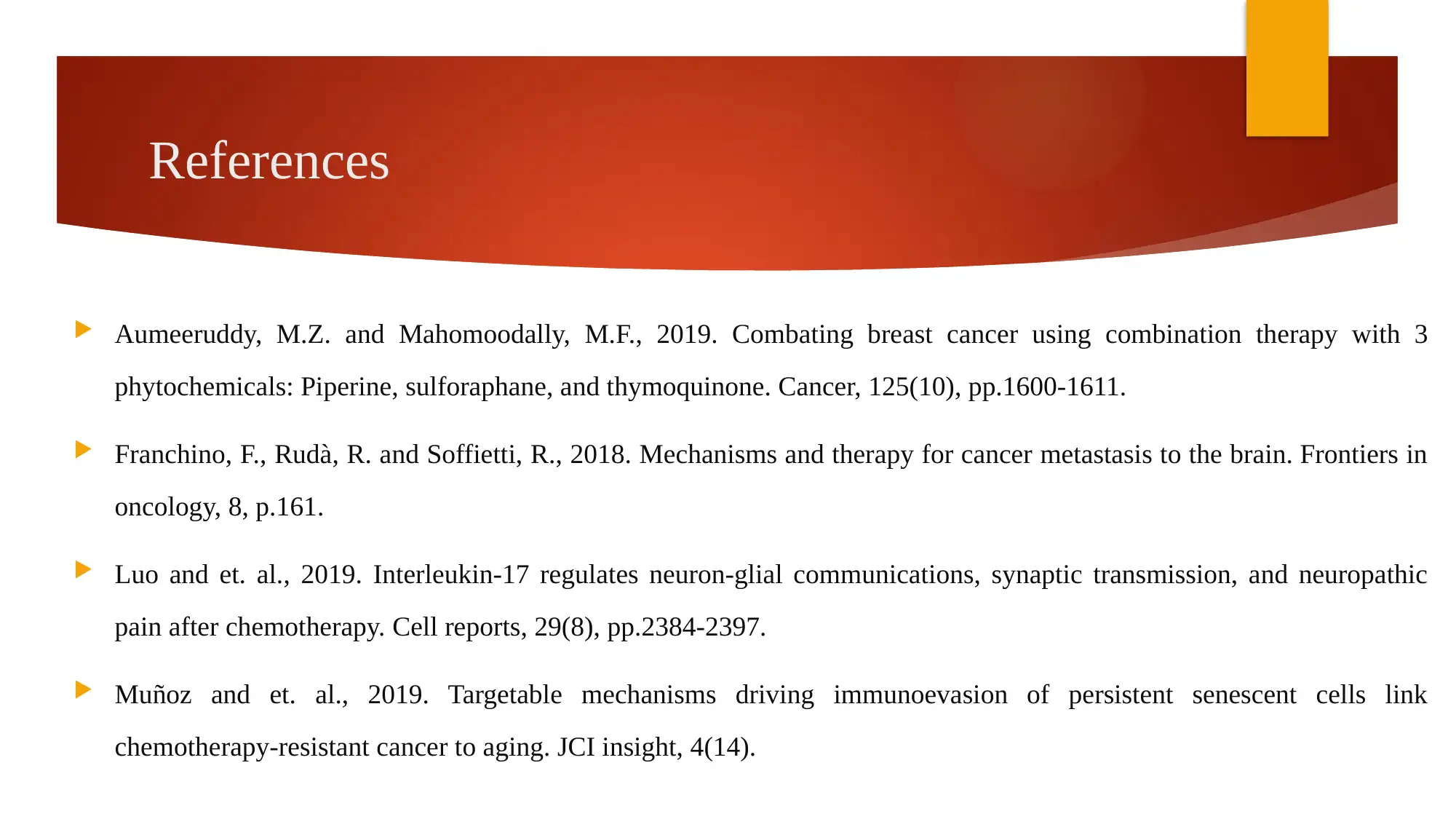
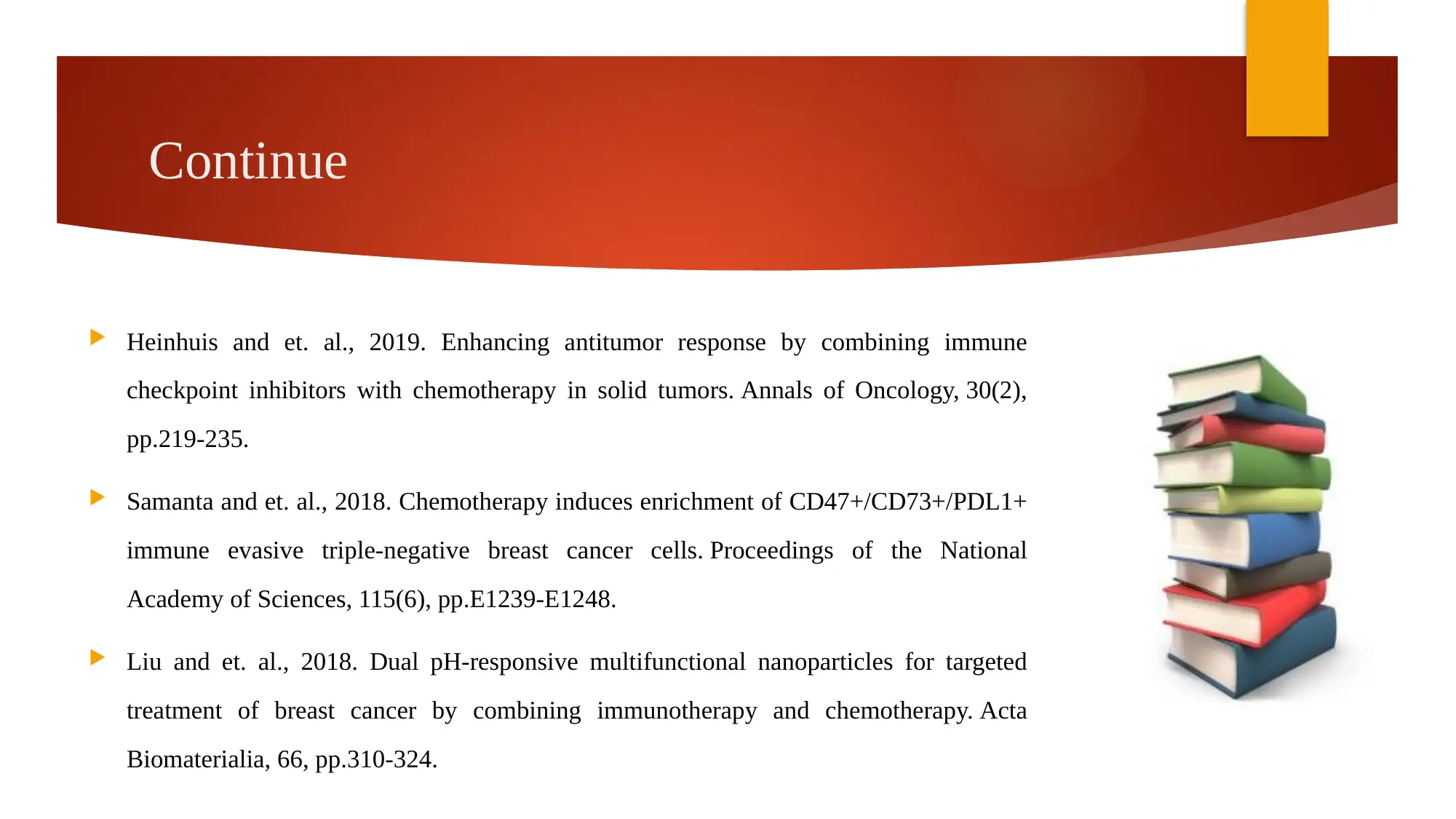






![[object Object]](/_next/static/media/star-bottom.7253800d.svg)